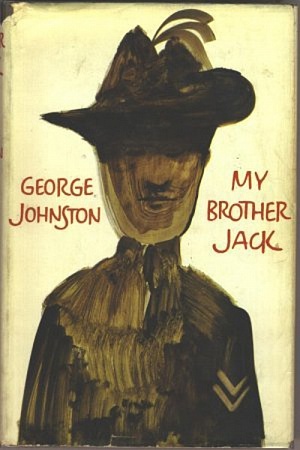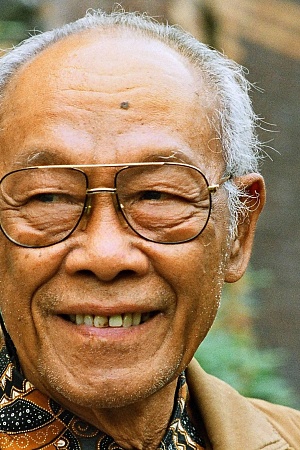A New Literary History of Modern China
Harvard University Press (Footprint), $110 hb, 1,025 pp, 9780674967915
A New Literary History of Modern China edited by David Der-Wei Wang
In his searching introduction to this immense volume, the editor, Harvard scholar David Der-Wei Wang, refers to the ‘architectonics of temporalities’ by which the project re-maps and re-chronicles Chinese literary history. A New Literary History of Modern China follows the model of the provocatively kaleidoscopic slice histories of French, German, and American literatures produced by Harvard University Press in recent years. The title of Wang’s introduction, ‘Worlding Literary China’, signals the scale of the ambition.
There are 160 bite-size essays by 143 contributors that focus on key moments on the timeline that reveal larger meanings. Some are by famous Chinese authors – Mo Yan, Yu Hua, Wang Anyi from China, Chu T’ien-hsin from Taiwan. Others are by leading scholars and thinkers in the field, including Wang himself, whose lineage goes back to Taiwan via Columbia University. Some essays are personal, others are written in what Perry Link calls ‘irrefutable academese’. A couple are by Australians, but it is mostly the view of China from North America. An appealing piece by Boston-based author Ha Jin imagines how Lu Xun wrote his first story, ‘A Madman’s Diary’, under the pressure of a deadline in Beijing in 1918, creating a new kind of vernacular fiction and launching the pseudonym that posterity would know him by, all in one night: the story’s theme, ‘eating people’.
Continue reading for only $10 per month. Subscribe and gain full access to Australian Book Review. Already a subscriber? Sign in. If you need assistance, feel free to contact us.










Leave a comment
If you are an ABR subscriber, you will need to sign in to post a comment.
If you have forgotten your sign in details, or if you receive an error message when trying to submit your comment, please email your comment (and the name of the article to which it relates) to ABR Comments. We will review your comment and, subject to approval, we will post it under your name.
Please note that all comments must be approved by ABR and comply with our Terms & Conditions.